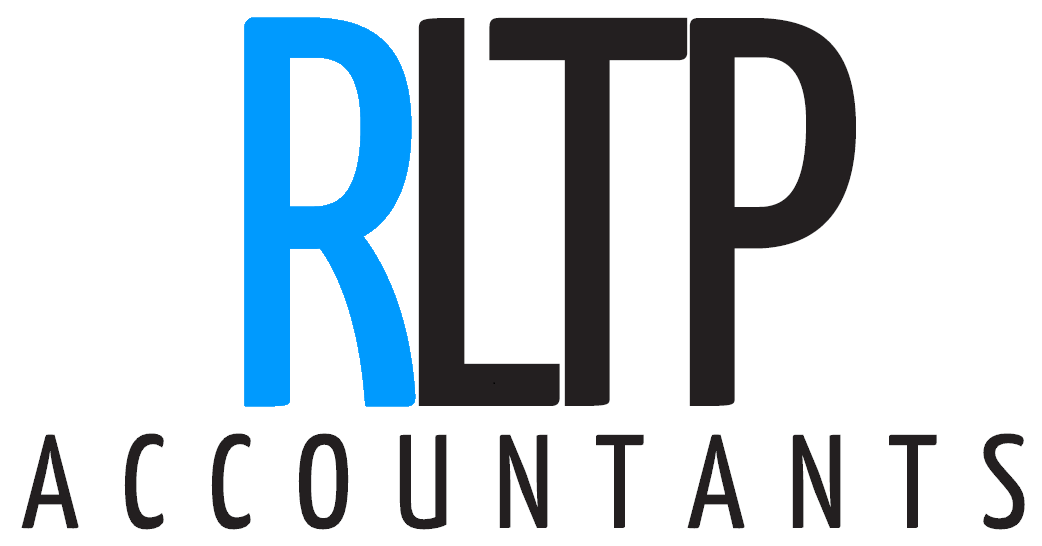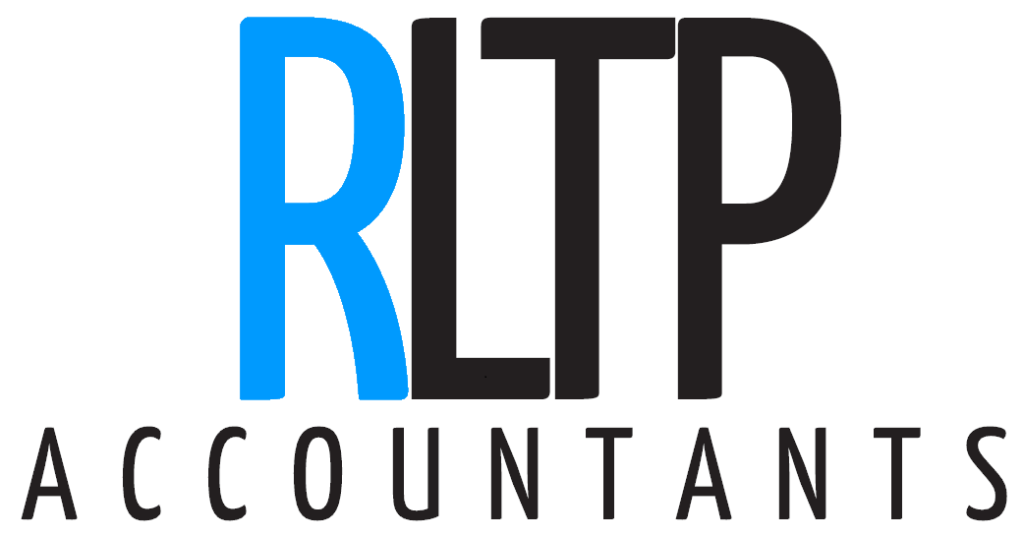At the end of 2022, British households were in a combined debt amassing £1.767 billion. Including mortgages, the average UK household was in £63,582 worth of debt in 2022, according to The Money Charity. The same source also claims that even a credit card with an average interest rate would take 25 years to pay off completely for the average person in the UK, making the legal minimum monthly payments.
In addition to that, 297 people a day are declared bankrupt in England and Wales alone, which is the equivalent to one person every 4 minutes and 50 seconds, states The Money Charity. With such worrying statistics about debt in the last year, it’s clear that there’s a considerable amount of people who are struggling with debt every day in Britain. With this in mind, here are a few tips about how to manage it effectively and in a way that’ll make you feel in control again.
Make sure you check your credit report
There are a number of ways in which you can check your credit report or credit score and it’s usually through credit-reporting agencies. This will be beneficial because it might uncover a debt that you may have forgotten about. You could even check with your bank about your credit score because it can often be disclosed for free. On top of finding debts that you might not have remembered, it’ll also disclose any accounts or transactions that you might not recognise.
1. Be honest about how much you’re actually spending
Make a list of all your debts, starting with the ones that’ll have the most serious consequences if you default on payments and those that’ll prevent you from having a good quality of life or from doing your job. Those things will usually include:
- Mortgage payments or rent
- Council tax
- Energy and water bills
- Car finance
- Mobile phone bills
- The cost of a monthly food shop
Those things are essential, they’re things that everyone has to spend money on to keep a roof over our heads and to ensure we have water, heating, electricity and food. It’s money we have no choice but to spend, but there are other things that you might be spending money on which could, possibly, be cut down on.
Even making simple swaps at the supermarket could save a considerable amount of money a month, when added together. Switching your state-of-the-art phone for an older model with reduced monthly repayments could save you as much as £40 a month. But along with working out what you’re spending, where your debts lie and where you could cut costs, it might also help to see, in summary:
- The amount of money you have coming in
- How much money is spent on the essentials
- Where your remaining cash might be going
2. Determine, as accurately as possible, how much money you have
There are steps to take when it comes to working out how much money you have to spend every month. You must then make a list of the debts you owe, together with other monetary outgoings, such as bills, food, rent or mortgage and your car (if on finance).
How much money do you have after the essential outgoings? Once you’ve determined this, look at your debts and make a list of them, if you’re in debt with more than one lender or company. Within that list, make sure you include the following information:
- The creditor
- The total amount of debt you’re in
- The monthly payments
- The interest rate
- The date your payment is due
Add all of the aforementioned together and deduct this from the total amount of money you receive per month. What’s left is the spare cash you have to play with. Work out, realistically, how much money you can set aside to make credit card payments. Doing this will then, in turn, help you to budget your money in the best, most effective way.
3. Budget your money to the best of your ability
Now that you have a clear idea of how much money you have and how much you’re spending, then you’ll be able to better budget your cash. You’ll be able to download free money planning tools either on your computer or smart device that’ll help you to work out where your money goes every month. It will also allow you to funnel cash from pot to another or to put more money into one thing than another.
Once you’ve worked out how much your essential outgoings are, like paying your bills, your rent or mortgage, car finance or even your phone bill, then you’ll be able to start working out how much to put aside to help with debt reduction. How much can you afford to put aside every month to pay off your debt?
How much will you need to raise to pay it all off? This gives you a more accurate timeline regarding how long it’ll take to pay off your debt. Even the smallest amounts will be beneficial. If you have a credit card, then take a look at other ways in which you could save yourself money, including:
- Shop around with regards to interest rates – high interest rates and additional fees will affect how much you end up paying back because, often, it can mean paying back a considerable amount of money, on top of what you’ve already borrowed. Look around for another credit card with better interest rates and either no additional costs or fewer fees
- Use a credit card comparison website to work out where the best deals are for you and your lifestyle
- If you need to have a credit card, opt for one with a smaller yearly allowance
4. Seek professional help & advice
If you’re still struggling to get your finances under control, then it’s important you bring in a professional to help. An accountant would be a good place to start as they can analyse your accounts and calculate your outgoings accurately. They’ll be able to give you expert advice specifically designed to ensure you gain control of your finances, whilst also managing your debt with confidence. RLTP Accountants will be able to provide you with the services you need to regain control of your accounts.
RLTP Accountants have a highly-qualified, fully-trained team of professionals at the helm of our operations. With a wealth of accounting services available, whether you’re a small business or a domestic client, you’ll always be able to rely on us to put your finances on the right road again with bespoke advice regarding money and debt management. For more information, get in touch with a member of our friendly, knowledgeable team today, from our offices in Belper, we’re proud to operate throughout Derby, Leicester, Nottingham and the surrounding areas.


